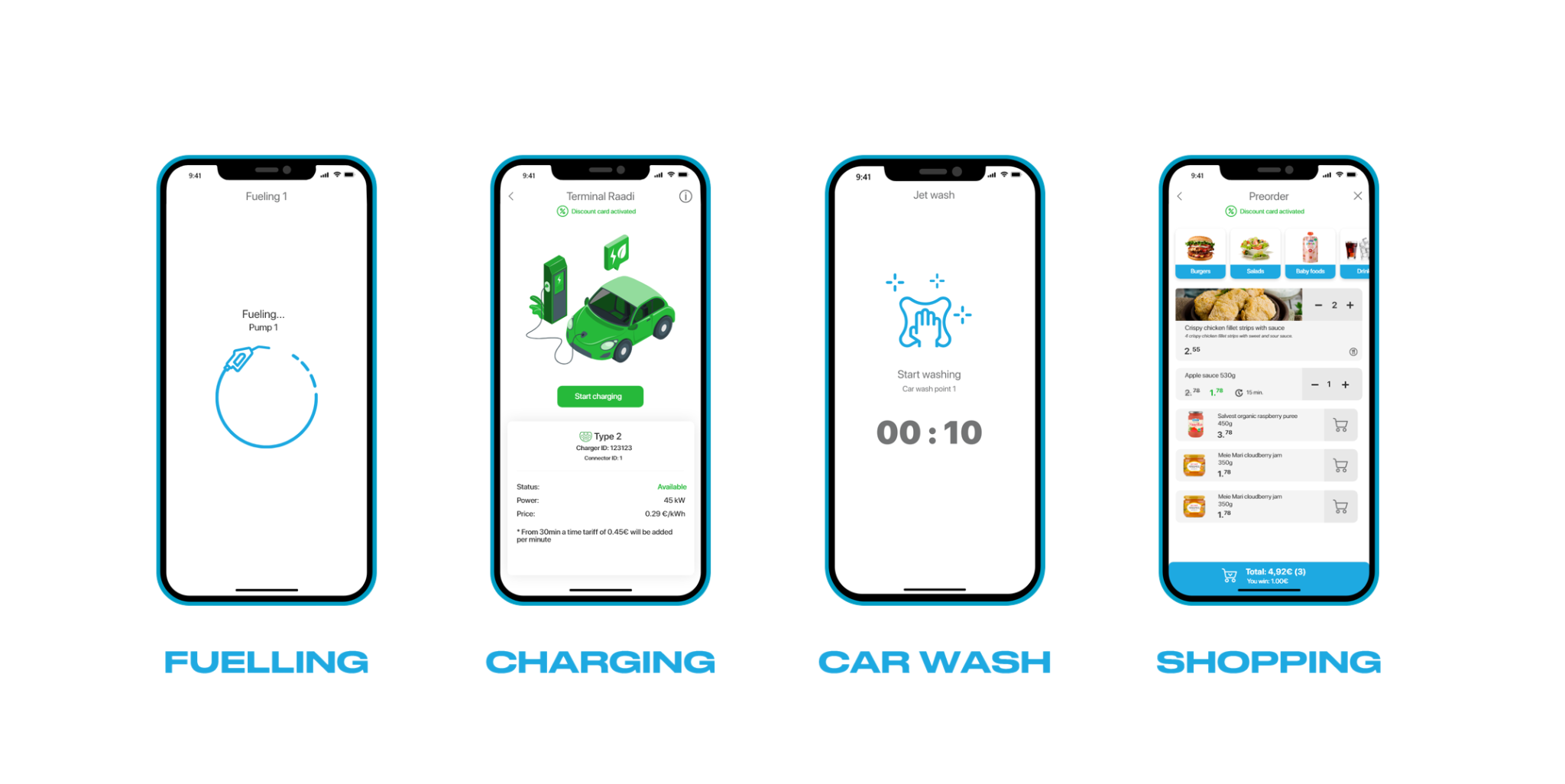
Back in 2008, conversations were had about the sudden collapsing fuel price and the number of fuel stations which were suddenly barely profitable.
Retailers wanted to understand whether or not to close stations or find a way to reduce the cost of the stations, riding out the storm. Whilst some retailers chose to sell off assets, many switched to a different model; unmanned.
Unmanned stations offered the chance to reduce the cost of operating a station without giving up on the overall cost invested, or the community at large.
The unmanned stations became so successful that they spawned a revolution in how retailers reached customers.
Belgium, along with other countries, had a further exciting proposition.
What if our 6-10 pm stores could sell fuel all night?
Suddenly, the manned station became a hybrid station, with a store during the day and an unmanned one at night.
Scandinavia went one step further by manning some of their stations in the summer, and making them unmanned during the winter. Simple.
Fuel volumes are on the decline, whether due to EVs or simply more economical cars, they are on the decline.
To counter that, retailers are becoming increasingly reliant on their convenience stores.
Now, back in 2010, the big thing was CODO, company-owned, dealer-operated.
This was an excellent solution for fuel retailers to sell fuel and care less about the convenience store, that was handled by the dealer.
When the fuel retailers woke up to the fact that they were more reliant on the convenience store than first thought, they moved to a new model, COCA, company owned, company agency; essentially, the fuel retailer owns the forecourt, and the store, and all the stock in it, but the dealer supplies the staff and claims commission on sales.
2023 is here, and retailers are faced with a whole new set of problems.
Unmanned sites are no longer as profitable as they should be, and fully manned sites have cashflow issues in some locations because they are not beneficial for the entire twenty-four hours.
Grocery chains will begin to see the same thing during the recession, but they are entering the frictionless checkout experience.
One of the most frustrating things you see during a recession is panic redundancy.
Companies fear what is coming, and even though they could easily ride out the storm, they make mass lay-offs.
Lay-offs mean people tie the purse strings; ergo, people spend less, prolonging the recession. Let’s be honest; recessions are man-made. So what should retailers do during this period?
Hybrid-Frictionless shopping experiences mean that store hours in less profitable locations can be adjusted between manned and unmanned in the store itself.
The store can have a full selection with made-to-order food etc during the day, and then a reduced selection during the night, entirely frictionless, with controlled entry/exit via the mobile device.
Our entry/exit control system is the perfect way to monitor entry and make sure only the right people are entering the store.
We will demonstrate this feature and much more at EuroShop 2023 in Dusseldorf from February 26th to March 2nd.
Come to see us in Hall 5, Stand D48, to try out the world’s most comprehensive retail mobile app.

Regarding any questions, contact us:
info@cloudics.com
+372 628 0000
Cloudics
Future of Cloud-based Solutions!
Cloudics & Astro Baltics are proud members of the
IFSF (International Forecourt Standards Forum).

You can watch a quick 1-minute video here on how Cloudics works.